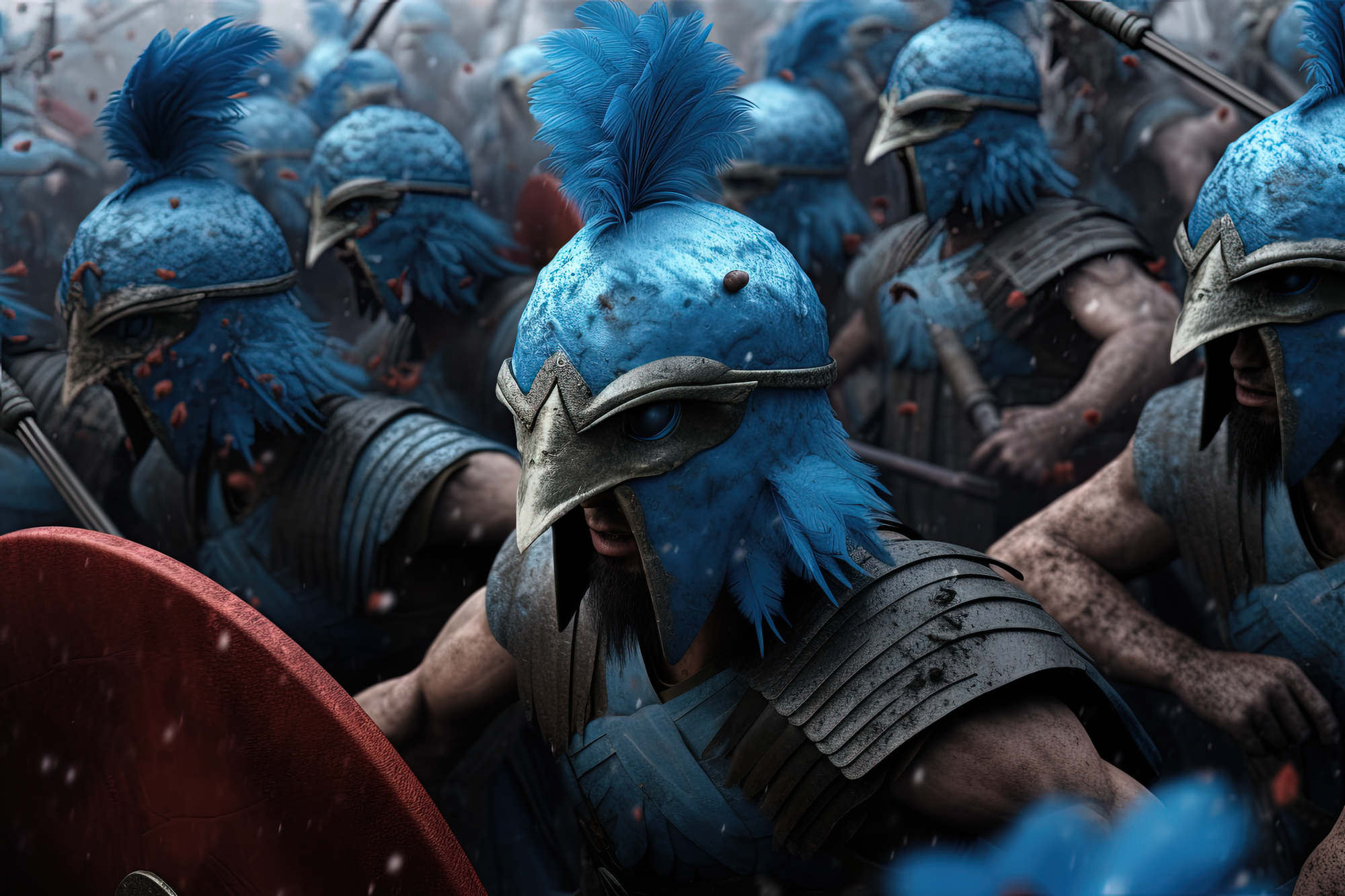In Plain English
Introducing a new series aimed at making ancient, classical and medieval texts more accessible and easy to digest.

About the Series
Reading ancient texts has the potential to profoundly change the way one views the world. It gives insight into the ancient mind as well as a deeper understanding of our cultures, our relationships, and ourselves.
There is really only one problem.
Depending on the translation, they can be tedious to read. The ancients had a lot of free time to amuse themselves with things like making sure each sentence had a certain number of long syllables and short syllables in a particular order so that it sounded a specific way when read aloud. They had writing conventions for their day, as do we, and what was fashionable then, can be painful now.
With an inconceivable amount of information available to us at our fingertips, not to mention video games, television and movies, most people simply don't have the motivation to sit through an essay that reads like it's been ran through Google Translate about seven times.
With this in mind, I'm launching a new series that will publish ancient, classical, and medieval texts heavily abridged, so that the meaning and intent remains the same but the language used is quick and easy to read. Links to the unabridged originals will be provided when possible for transparency purposes.
Currently working on:







